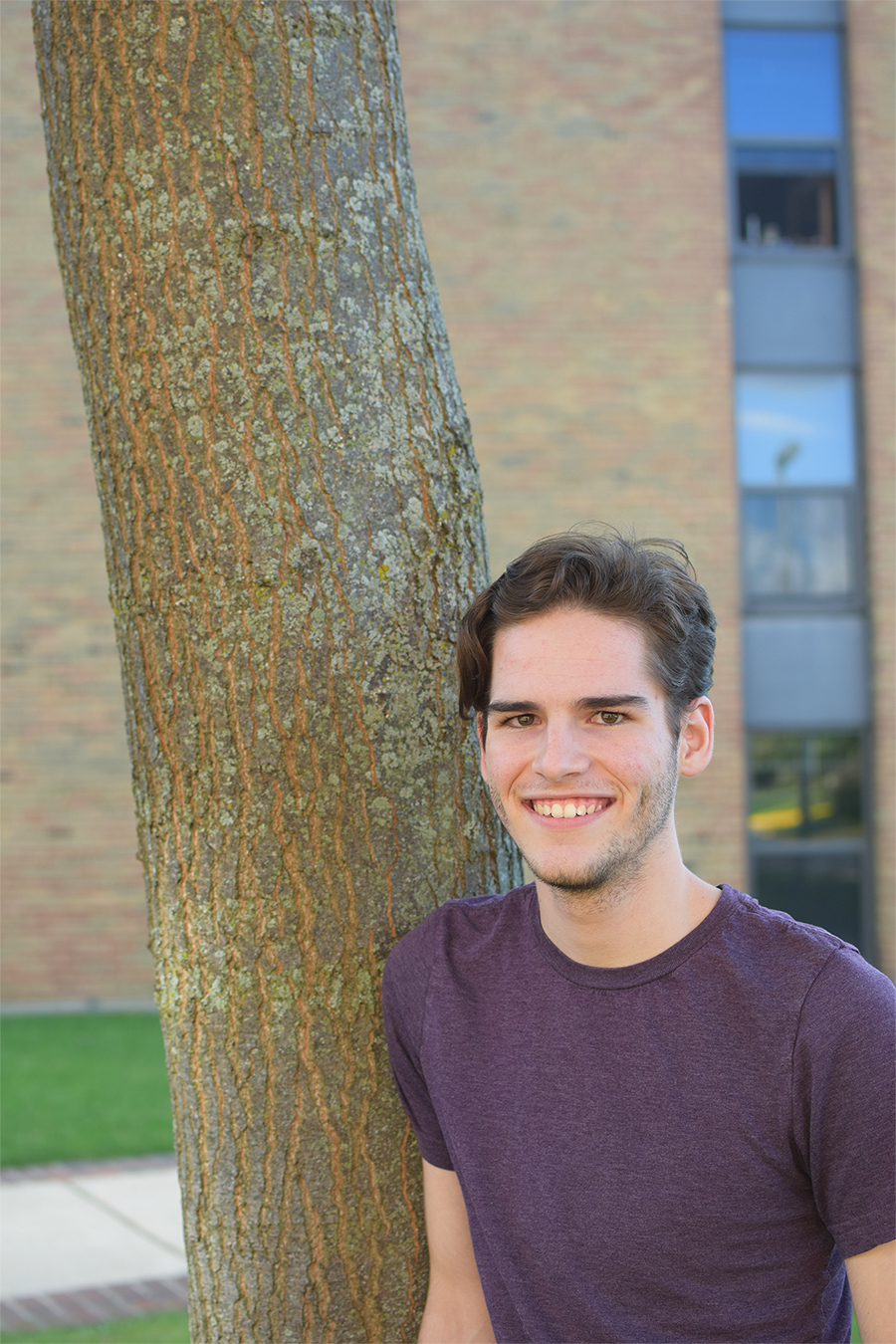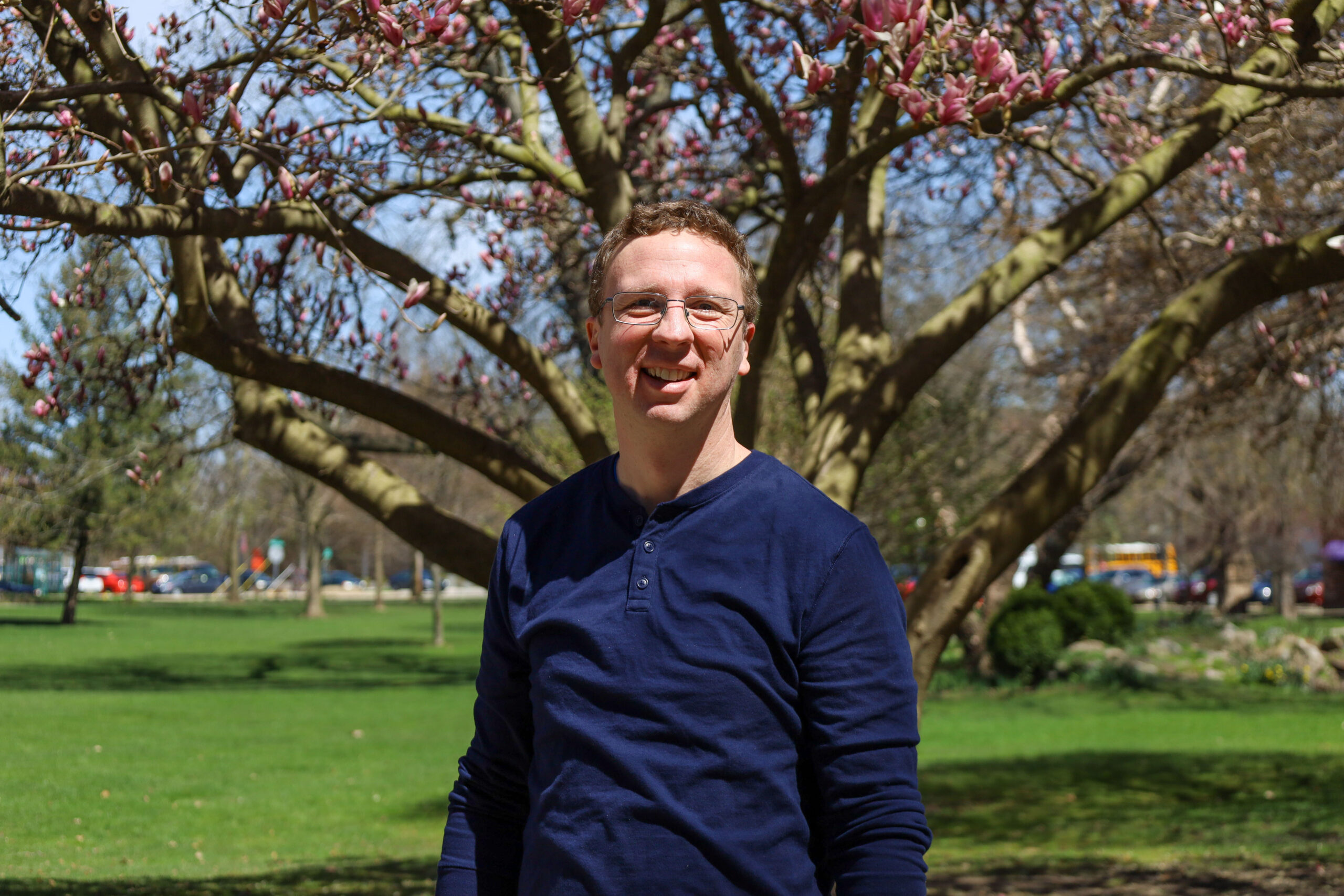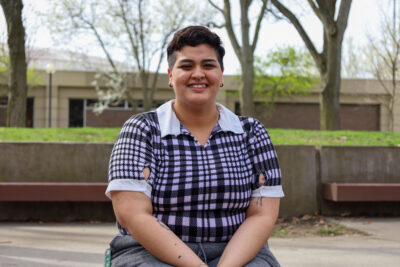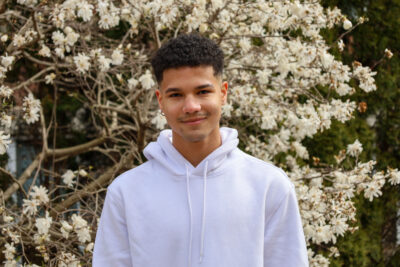How can one claim membership of a community without having suffered in the same way that many within it do every day?
Being in a straight relationship means that most people – if anybody – do not consider the possibility that I might be queer – although this is understandable, seeing as I did not seriously consider the possibility myself until long after it should have been obvious. To all our surprise, I am bisexual, and being in a straight relationship doesn’t change that; yet, I have trouble considering myself a part of that community, and initially was not even comfortable with attaching myself to the label.I try to be aware of the privileges I have been prescribed, and being a white man, there are many. Because of these privileges, I am cautious about joining spaces inhabited by people who have suffered far more oppression than I have. Being in a relationship with a woman makes my queerness mostly invisible to society: we don’t get looks as we walk down the street, and we won’t be denied service in any establishment – at least, not for the non-heterosexuality of our relationship. At first, I did not even feel it necessary to come out – “It doesn’t matter; it won’t change anything,” I informed myself. It doesn’t change the relationship I am in, and none of my friends or family – not the ones I talk to, anyway – would surmise a different opinion of me upon receiving this update. Indeed, it felt as though I was invading a community to which I didn’t belong, appropriating a label – for what gain? To feel unique? Make myself more interesting? It wasn’t clear, and I was uncomfortable.
Eventually, I found support in an online group of other bisexual people, who understood the way I felt as only a person who has had experiences like mine could be able to. They assured me that I did belong, and that many of them had the same misgivings and apprehensions that I had. This was relieving; to be told that I belonged to a community by those I feared would not welcome me because of the rift between our experiences – even if, by definition, I belonged to said community – felt as if a mountain of Safe Zone stickers were lifted out of my proverbial backpack – and thus, by extension, off my shoulders. I did come out then, to my close friends and my father; as I had anticipated, nothing in my life changed. But the simple experience of being accepted into a community I was anxious about claiming as my own was fantastically legitimizing.
I suppose the act of writing this article itself is an extension of this thorough peregrination, effectively coming out to an entire college – and I’m content with that, my previous hesitation having been fully allayed. But what’s next? As I move on and into different communities, I will once again find my complete identity hidden beneath the surface of my outward appearance. How do I deal with this? Say nothing, lest the topic come up organically? Surely, I will want close friends to know, requiring me to continue coming out to people throughout my life – but I suppose that is the nature of the position I am in. And I think I’m finally okay with that.



